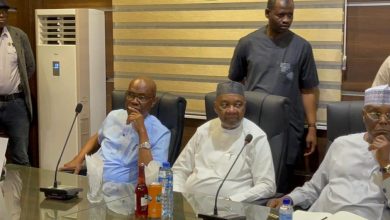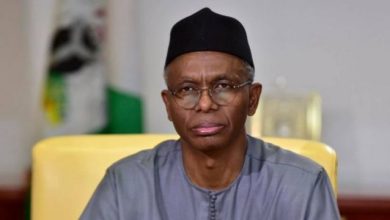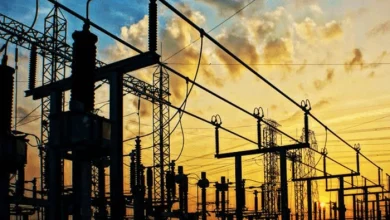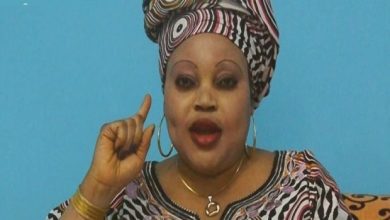Dollar Bribes Received By Senate President, Lawan, House Speaker Gbajabiamila, Other Lawmakers To Pass Controversial Petroleum Bill
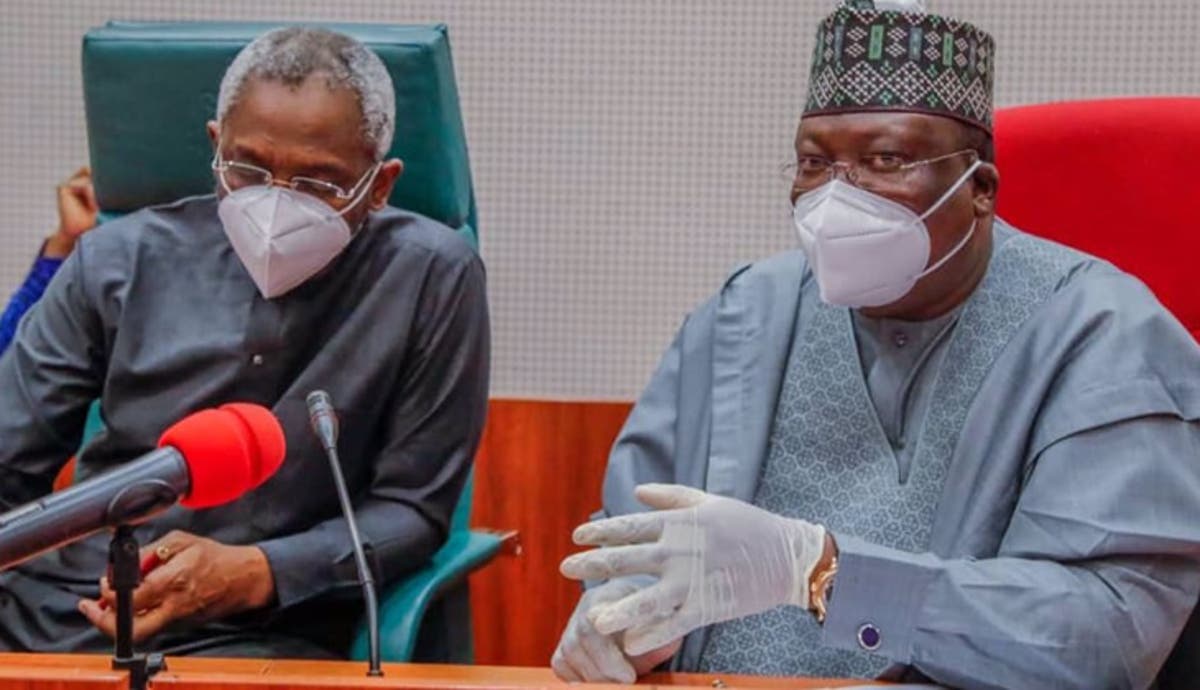
According to SaharaReporters, Nigeria’s Senate President, Ahmad Lawan, and Speaker of the House of Representatives, Femi Gbajabiamila, were paid in dollars (millions of naira) to assure the passage of President Muhammadu Buhari’s controversial Petroleum Industry Bill (PIB).
Other federal officials, including senators and members of the House of Representatives, received bribes in the form of money, according to a high source.
“Bribes were paid to Lawan in the amount of $2 million (N823 million) and to Gbajabiamila in the amount of $1.5 million (N617 million),” according to the source.
Timipre Sylva, Minister of State for Petroleum Resources, is claimed to have enabled the payment of the funds.
“Each senator was paid $20, 000 (N8.2 million),” the source continued, “while members of the lower chamber (House of Representatives) were paid $5, 000 (N2 million).
Despite appeals from many quarters that the provisions made for host towns should be reviewed upward, the Nigerian Senate recently passed the Petroleum Industry Bill, granting 3% for host communities.
After considering the report of its joint committee on petroleum (upstream, downstream, and gas) on PIB clause by clause, the upper chamber passed the PIB, 2021.
Prior to that, the Senate had convened a closed session with Sylva and Mele Kyari, the Group Managing Director of the Nigerian National Petroleum Corporation.
Stakeholders had passionately opposed the bill’s provisions regarding the percentage of land transferred to host communities, urging Buhari not to sign it into law.
For example, the Host Communities of Nigeria Producing Oil and Gas, or HOST ON, said it was insulting for the Senate and House of Representatives to grant oil and gas producing communities only three and five percent equity shareholdings, respectively, in the Petroleum Industry Bill, which was passed.
Benjamin Tamanarebi, their president, said the PIB passed by NASS was a waste of time and was unacceptable to the host communities.
“Imagine for over 63 years of neglect, deprivation, and marginalisation of the aborigines who have suffered untold hardship in the midst of wealth, for the first time after many years of agitation, asking for only 10% equity shareholding and the leadership of NASS considering 5% and 3% equity shareholding as if they have done us a favor,” he was quoted as saying.
“We reject the offer because this is unacceptable.
“It is our exclusive right as aborigines, it is our land, it is our waterways, and Nigeria is claiming it because we are from the state of Nigeria. Why are we being denied our rights to benefit, such as the right to a clean environment, drinkable water to drink, a good hospital, electricity, and good roads, while remaining in abject poverty and a desecrated environment, without taking into account the UNFCCC/ CDM criteria?
‘We will continue to research other portions of the Bill in order to resolve it in due course, such as section 104 (2) on gas flaring, where revenues from the penalty should be transferred to the government; we reserve the right to study all sections, but it will be a futile exercise as usual,” he said.
The Senate authorized a funding mechanism for frontier basins of 30% of NNPC’s proceeds from oil and gas in the approved bill. The purpose of this fund is to support oil exploration in frontier states.
The states referred to as “border basins” were not explicitly specified in the report.
This has also sparked debates because the provision appears to favor northern states where oil drilling is taking place.
Governors of Nigeria’s southern states rejected the proposed three percent share for host communities in the Petroleum Industry Bill during a meeting on July 5.
The governors, according to a communique issued at the conclusion of their meeting in Lagos, endorse a 5% share for the communities.
“However, the Forum condemns the proposed Nigeria National Petroleum Company Limited’s ownership structure (NNPC).
“The Forum does not believe that the firm should be vested in the Federal Ministry of Finance, but rather that it should be held in trust by the Nigeria Sovereign Investment Authority (NSIA) because all levels of government have holdings in that vehicle,” it stated.
The Pan Niger Delta Forum (PANDEF) has also rejected the Senate’s 3% clearance for the development of host communities.
In response to the permission, PANDEF’s national press secretary, Ken Robinson, stated that the government cannot alter the oil business without also transforming the communities in which it operates.
“The imbalanced nature of the country and the false Nigerian Constitution we are employing have harmed the region the most. So, in every element of the country, particularly under this President, what happened is what is happening now,” he remarked.
Brigadier-General Idada Ikponmwen, a former Provost Marshal of the Nigerian Army, said the 35% proposed as a benefit for host communities under the Host Community Trust, despite the abundance of oil wells in their land, while 30% is earmarked for oil exploration in the northern part of the country in the PIB, is an open invitation to anarchy.
“The idea of three percent or five percent recommended as a reward for host villages from oil earnings while 30% is spent on oil exploration in the northern portion of the country obviously demonstrates arrogance, insensibility, and disrespect on the side of the PIB proponents,” he said.
“When you look at it closely, it’s an open invitation to chaos. This action cannot be tolerated by people who have suffered the consequences of oil exploration and exploitation in the Niger Delta; the President must be ordered to reject the measure and return it to the National Assembly.”

